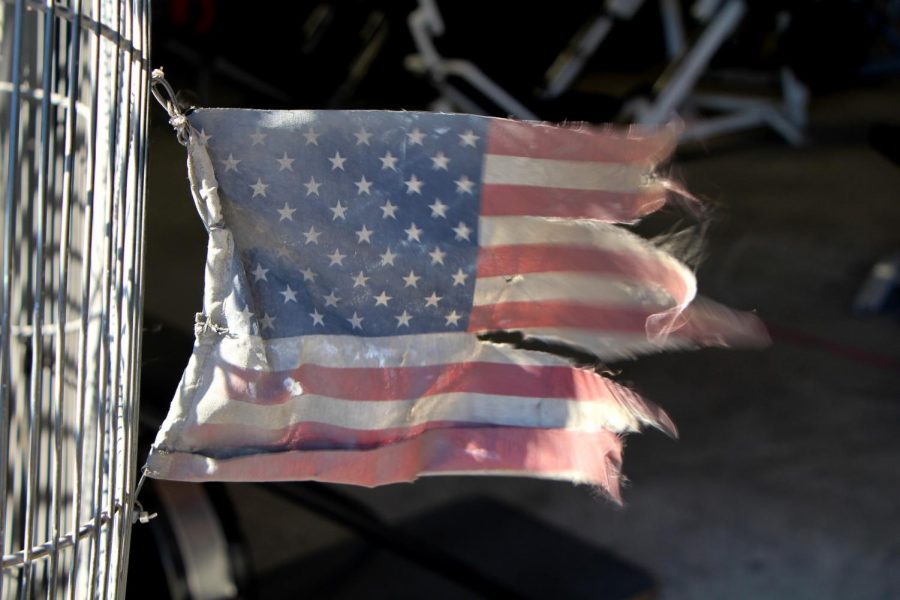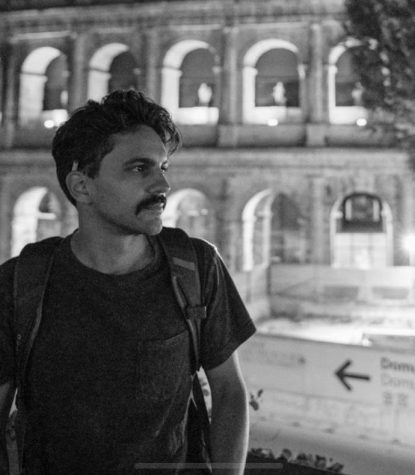Opinion: The Great American Identity Crisis
How the U.S. can work toward a sense of unity
October 14, 2021
Click play to listen to “Opinion: The Great American Identity Crisis” narrated by Sean Moran.
The U.S. is currently suffering from a lack of shared values.
The term “American” does not hold a uniform sense of identity. The nation is headed toward contentious times fueled by division, climate change and a rapidly changing economic and political sphere shaped by technology.
I believe that positive growth can be reached by focusing on education at the micro level. People educate themselves through social interactions, the classroom and various forms of media. These outlets can help build values rooted in easing human suffering and improving the quality of life for all Americans.
Joe Biden ran on the slogan “Build Back Better.” But where does building back start?
Biden’s administration seems focused on infrastructure and gearing up for a new green energy world. This is great. But if there is going to be lasting, sustainable change, the focus needs to start smaller: in local communities with slight changes centered around behavior.
Americans need to rally behind a simple, common goal.
Can the U.S. redefine what qualifies as a human right? I believe human beings deserve quality food, water and shelter. This isn’t asking for a lot; just human dignity. This isn’t a handout for the lazy, the poor or those who refuse to help themselves. Most of the food that’s available in the U.S. is riddled with pesticides and micro plastics.
Instead of demonizing capitalism, the public must critique its flaws, starting with its laissez-faire practices, such as corporations’ immoral production methods motivated by profit maximization.
Opening dialogue on these critiques can lead to solutions for correcting behavior that harms the environment and poisons the food supply. All Americans deserve quality food and water that is widely available and easily accessible — and as our vehicles shift to green energy, so should our bodies start to burn clean fuel.
Getting a nation, state or city on the same page is potentially one of the biggest challenges communities face. But a good first step is to have more conversations about what’s going on.
Why does the U.S. have such a high rate of homelessness and drug addiction? What efforts are being made to address these concerns? Asking these questions and discussing potential answers can help us create a communal conversation rooted in dialogue — so long as emotion is removed from the conversation.
Individuals who ask the right questions open opportunities to create the change they want to see. The only difference between those who manifest change and those who don’t is action.







